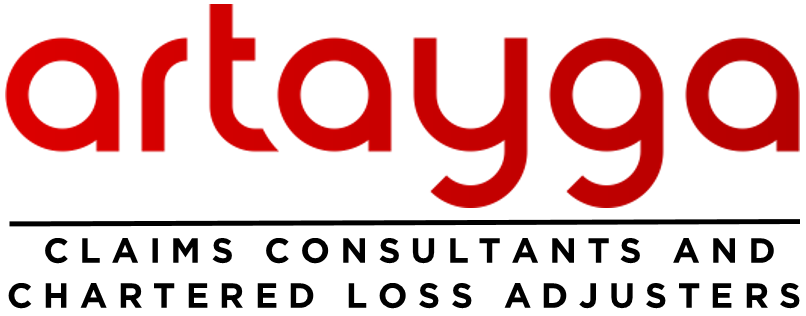Commercial Claims Guide
What happens Next?
The claims process can be complicated with so many different companies becoming involved representing Insurer’s best interest. To make matters more complex, each Insurer has their own strategy on how to deal with claims so it can be difficult to understand what is happening and when. The below guide is indeed just a guide and not a definitive way of how Insurers will handle your claim. The industry is constantly moving and innovating (whether rightly or wrongly) so be mindful of this.
Reporting your claim
Most commercial policies are sold via insurance Brokers so naturally, you should contact your Broker in the first instance. They are likely to ask for either of the following:-
- Collate information about your claim over the phone to pass to Insurers.
Provide you a claim form to complete.
Ask you to contact Insurers directly.
It is ideal to get a Claims Consultant involved prior to reporting your claim. However, you do need to comply with the terms of your insurance policy which usually stipulates a requirement to report claims as soon as possible. If you are going to take time appointing your own consultant, just go ahead and notify your Insurer.
The claim is usually reported to a notification team at a call centre and it is then directed to someone more appropriate to manage your claim. This will usually be one of the following:-
Desk based claims handler based at Insurers office.
This is usually for low value claims (typically less than £5,000). It can sometimes be a dedicated handler to your claim or a team of handlers dedicated to your type of claim.
A Loss Adjusting firm.
There are numerous Loss Adjusting firms but claims will usually go to the bigger firms such as Crawford & Company or Sedgwick but there are a number of smaller Adjusting firms out there.
Some Insurers have their own directly employed Loss Adjusters or Claims Specialists.
Specialist firms
In certain circumstances specialist firms are directly appointed by Insurers if your claim involves a single unique aspect. They may instruct an Engineer if only your machine was damaged or they may instruct Forensic Accountants to deal with only your business interruption claim.
Having your claim accepted
Insurers will want chapter and verse on exactly what has happened that’s given rise to a claim. This can be over the phone (over and above what was provided when the claim was notified) or in most cases, a visit from a Loss Adjuster or a Claims Specialist. Where there has been a fire, a Forensic Investigator is usually also appointed to pinpoint the exact cause of a fire and to establish whether there has been any breaches. All of the individuals above will conduct a detailed interview to establish whether your claim is covered.
Having your own Consultant appointed at this stage is critical as our role would be to ensure a qualified expert is on your side. We would insist on being at any meeting with Insurers or their representatives and our aim would be to put together a case to ensure your claim is covered. With so many experts already involved, it becomes difficult (not impossible) for Consultants like ourselves to come in after all site investigations and interviews have already taken place.
Negotiation of your claim
Your claim being accepted is only the first of many hurdles you need to overcome. Your Insurer and their appointed Loss Adjusters will put you to task on the quantity and values of your claim. Where they spot mistakes and errors, they will penalise you accordingly. Sometimes they will look for other breaches, conditions or clauses that can reduce the amount of your claim. Again, a Claims Consultant will assist you in advance of these issues arising and fight your corner to ensure you get the maximum settlement you are entitled to under the policy.
Whilst Insurer’s representatives, particularly Loss Adjusters, claim to be ‘unbiased’, the reality is that they are conflicted in their role.
Whilst it is advantageous to have a Claims Consultant appointed at the start of your claim, it is never too late to appoint one later in the claims journey. We are happy to speak to you to discuss your options with you.
